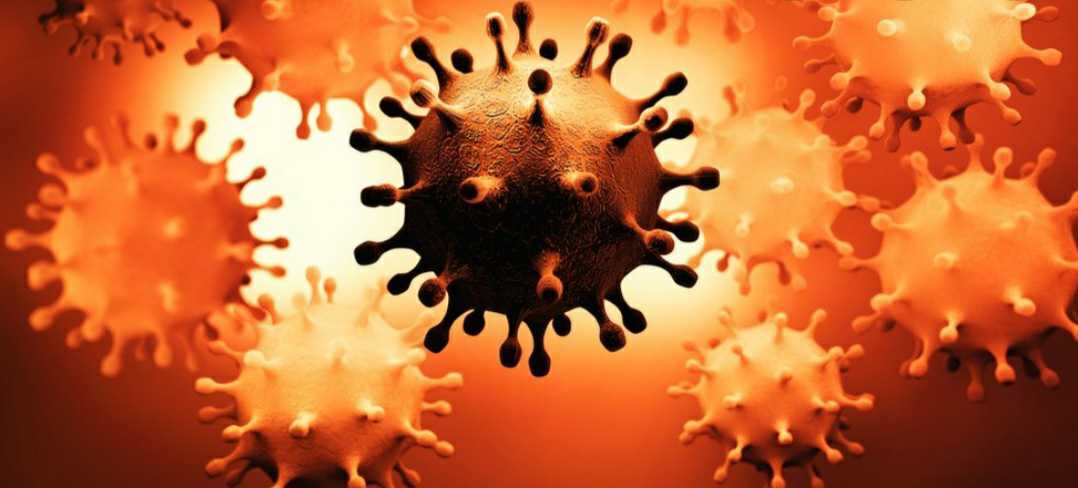| Washington, D.C., February 10, 2021 (PAHO) Pan American Health Organization (PAHO) Director Carissa F. Etienne said the COVID-19 vaccines soon to be available from COVAX in the Americas are still recommended for the region, despite new variants of the SARS-CoV-2 virus that causes the disease.
“Based on the evidence we have now on the variants of concern, we are confident that our growing portfolio of COVID-19 vaccines remains useful and will guide us through the end of this pandemic,” Dr. Etienne said during her weekly press briefing.
“We have at our hands a whole generation of effective vaccines to prevent infection and, especially, severe disease,” she continued. “Down the line, we may need to adapt our strategies, but we will continue to rely on these vaccines. The challenge now remains to ensure these vaccines are distributed quickly and fairly across our region, starting with those who need them most.”
So far, 20 countries in the region have at least one of three variants of concern circulating in the Americas. Dr. Etienne said evidence suggests that two of the variants – B117 first detected in the United Kingdom and P.1 first detected in Brazil – may be more easily transmissible.
“There is no reason for alarm, but for attention,” Dr. Etienne said.
PAHO’s surveillance network is monitoring the variants of concern, working closely with similar efforts around the world. “There are outstanding research teams working on the ground in places like Manaus, Brazil, who are focusing on this issue and providing us with information as swiftly as they can,” Dr. Etienne said, referring to the location where the P.1 variant originated.
PAHO’s Regional Genomic Surveillance Network has increased the ability to sequence virus samples by 50% since the beginning of 2021. Now, at least 11 regional countries can sequence virus samples and detect other new variants.
“We must stay focused on improving our capacity for surveillance, so we can keep track of trends, including variants of concern,” Dr. Etienne said.
“Our recommendations to prevent this virus remain the same: uphold strong surveillance, limit gatherings, and practice social distancing, frequent hand hygiene, and mask-wearing,” she added. “By continuing to adopt these practices – even after we are vaccinated – we can not only limit the spread of today’s variants but prevent new ones from emerging tomorrow.”
COVAX is a global mechanism to ensure equitable distribution of COVID-19 vaccines regardless of countries’ incomes.
Dr. Etienne provided an update on the pandemic’s impact on the region. In the past week, the Americas reported nearly 1.6 million new cases of COVID-19 – virtually half of all new global cases. Central America, especially parts of Honduras, El Salvador and Guatemala, has reported a rise in cases over the past two weeks. The Amazon region along the border between Brazil, Colombia, and Peru is reporting an increase. The Caribbean is experiencing a significant rise in infections, particularly in the Dominican Republic, Cuba, Barbados, and St. Lucia.
However, there is also cause for hope, Dr. Etienne said. After many weeks of increases in COVID-19 cases and deaths, trends are beginning to improve in some of the most heavily affected countries, including the U.S. and Brazil. There are also positive signs in Panama, Costa Rica, Chile and Argentina.
“Transmission increases every time we let our guard down and disregard preventive measures that have been proven to limit the spread of this virus,” Dr. Etienne said. “A well-coordinated response that employs the full range of public health measures is still our best hope of stopping transmission in the short term.” |

